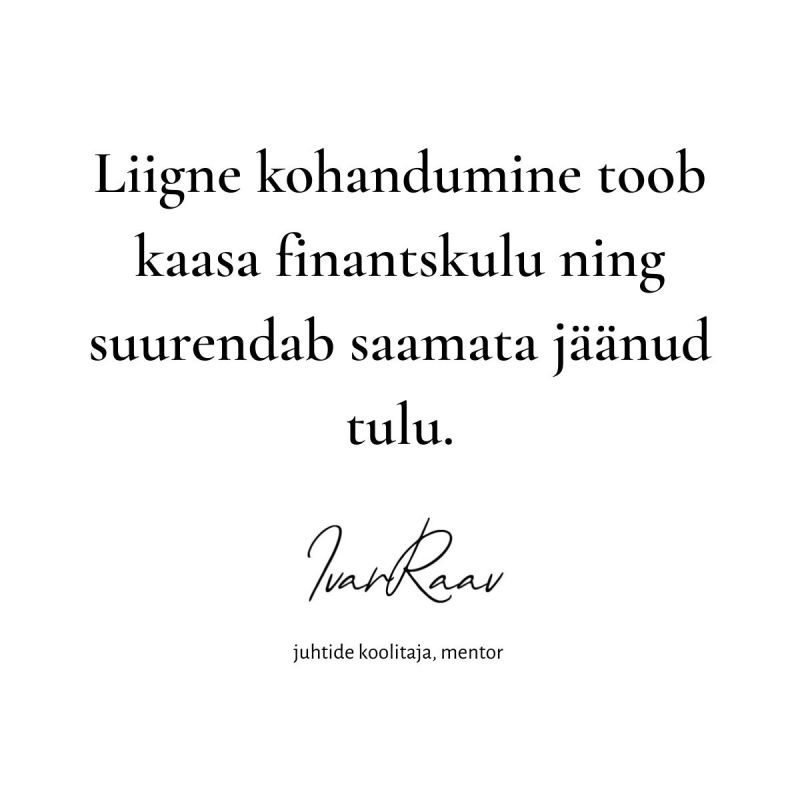Last week, I wrote that lack of trust can be costly (staff and time spent on PR meetings and clattering relationships), but another very important cost is the cost of adaptation, or the loss of uniqueness.
Many have been taught from childhood to fit in: be good, don’t stand out, do as others do. But when this pattern carries over into work and management, we literally pay the price, because conformity eats away at results:
1. Lost creativity = lost innovation.
If people are afraid to be different, new ideas will not be born and the company will be left behind in the market.
2. Energy loss = hidden cost.
Self-censorship and role-playing lead to fatigue, sick days and lower productivity.
3. Deviation from excellence.
Adaptation forces you to hide your strengths and focus on hiding your weaknesses, and as a result, results suffer.
4. The talent drain.
The brave will not settle for grey mediocrity. They take their talents to a competitor, along with clients and experience. Or start their own company.
5. Streamlined thinking = bad decisions.
Groupthink means convenient, but sometimes therefore mediocre and bad decisions. It costs money and results in lost revenue.
This is of course no coincidence from a systemic management perspective. For example:
– If mum was too nurturing, we learn not to stand out.
– If dad was distant or harsh, we learn to prove ourselves by other rules.
These patterns create an invisible layer that inhibits the potential of both the individual and the organisation.
When a leader dares to be different, he or she unleashes creativity, courage and energy, both within themselves and their team. And this is directly reflected in financial results.
So the question: where is your organisation currently paying too high a price for adaptation?

